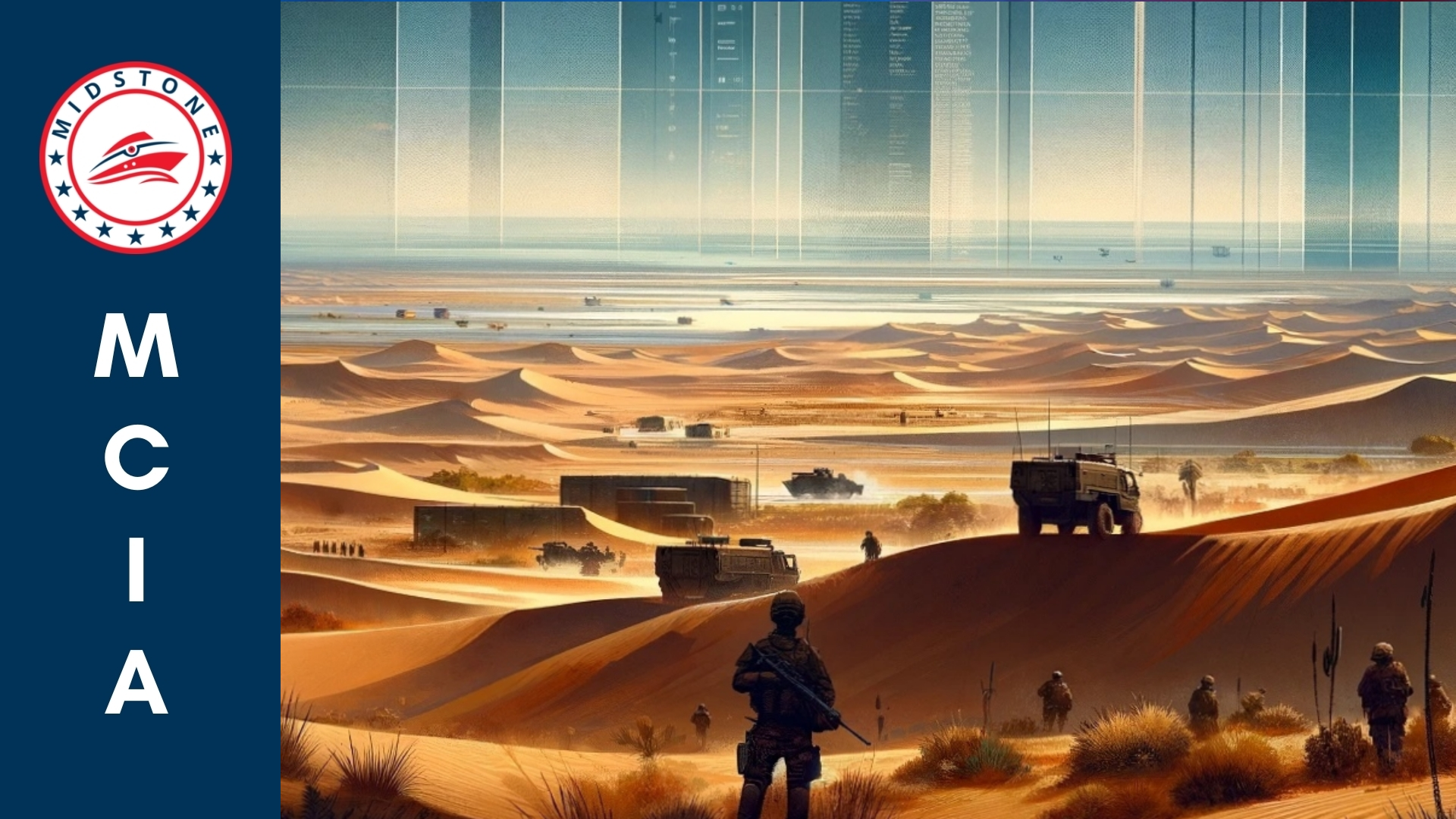
One of the best ways to describe the events in the Sahel in 2023 is that the region slouched from one crisis to another.
It should come as no surprise that the events in the region were interconnected. Three key events dominated the Sahel in 2023: the increased presence of the Russian Private Military Company (PMC) Wagner, the July coup in Niger, and the ultimate withdrawal of the French military presence in the region.
These events have not done much to improve the political situation within the region. They may be causing further deterioration. We now have evidence that advances both the theory presented and the grim outlook for the future of the region. There is evidence that issues previously considered resolved were, in fact, not solved and are now leading to new problems.
Just before Christmas, Mali and Algeria fell into a diplomatic dispute, resulting in both countries recalling their ambassadors for consultations. The reason for the fallout, unsurprisingly to analysts tracking the region, was Algeria’s meeting with the Tuareg insurgents from Northern Mali.
It’s not surprising to learn that the Tuaregs held talks with the Algerians. The Algerians mediated talks between the Tuaregs and Bamako after the 2012 coup and subsequent insurgency, which led to France’s intervention under what later became Operation Barkhane. This French-led effort ultimately failed in Mali, Burkina Faso, and Niger, leading to a complete withdrawal of the French presence from the Sahel to Côte d’Ivoire and Chad.
The significance of this row lies in the historical context: the Tuaregs have consistently sought a third party to mediate disputes with Bamako. Before 2012, this role was filled by Libya’s former leader, Muammar Qaddafi. After his death, the Tuaregs lacked a mediator they trusted to represent their interests effectively.
As of 2023, the Tuaregs are again in talks with authorities in Bamako. The situation in Northern Mali has changed dramatically: French troops under Operation Barkhane and the UN Peacekeeping Mission MINUSMA have left, with MINUSMA transferring several bases in Northern Mali to Bamako. This raises questions about whether the withdrawal of peacekeepers will leave a void that needs filling.
The presence of Wagner in Mali has not been the game-changer the Junta hoped for. Portraying the French and UN missions as ineffective has boosted internal support as the country prepares for elections in 2024.
Algeria seeks positive PR. The country monitored events along its border during the Niger coup and stated its opposition to outside intervention. Relations with Morocco soured in 2023 over the activities in Rio del Oro, as the Polisario continued to push for the region’s independence. Algeria also closed dozens of churches to prevent a Protestant sect from meeting.
This rift can potentially escalate violence in a region where it would be both unwelcome and unnecessary. On the surface, Bamako appears to be overreacting to the Tauregs’ effort to have Algiers raise issues with Bamako again.
This issue should be resolved quickly, and the diplomats should be promptly returned to their posts. What an optimistic start to 2024 that would provide.
